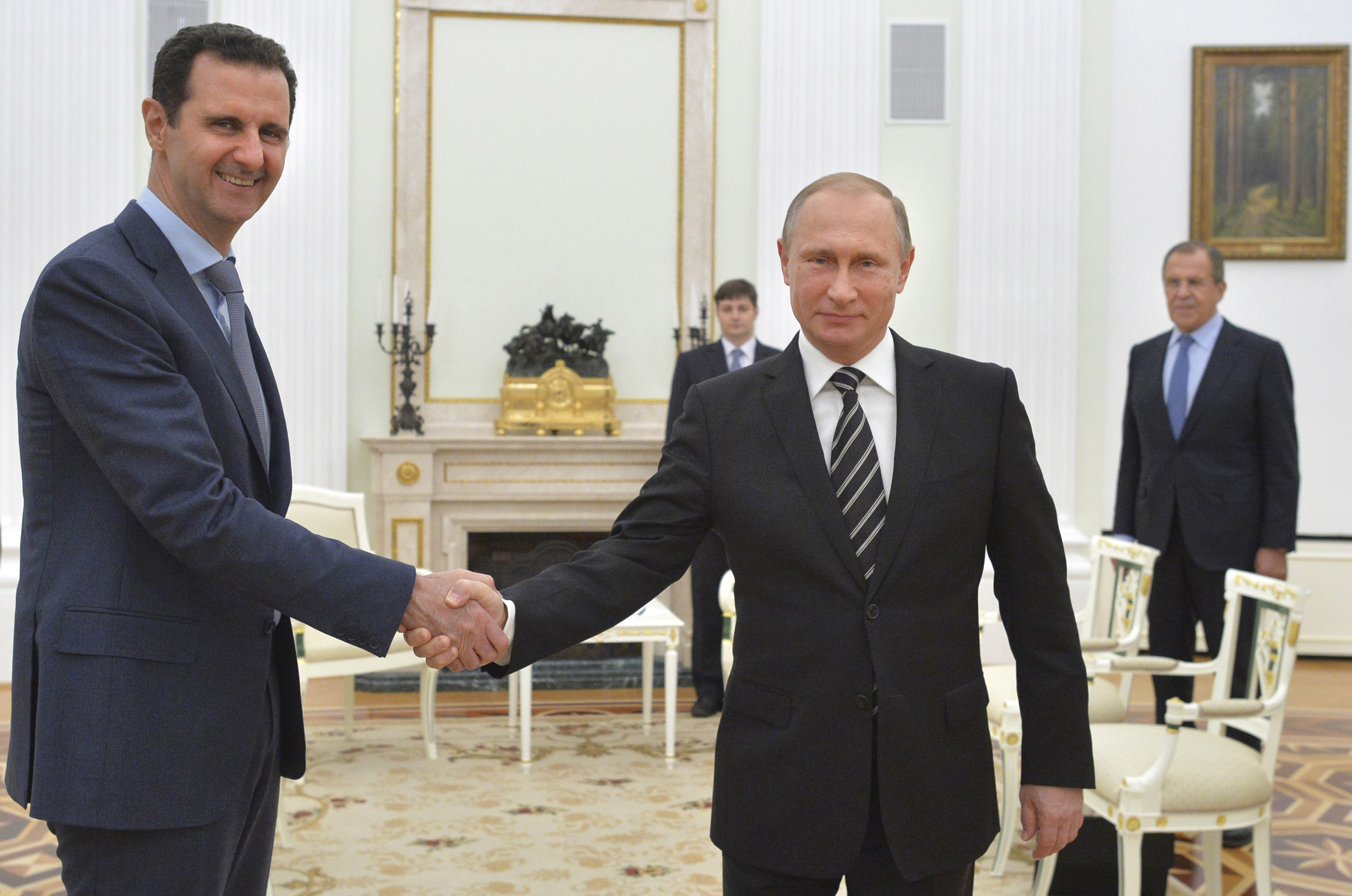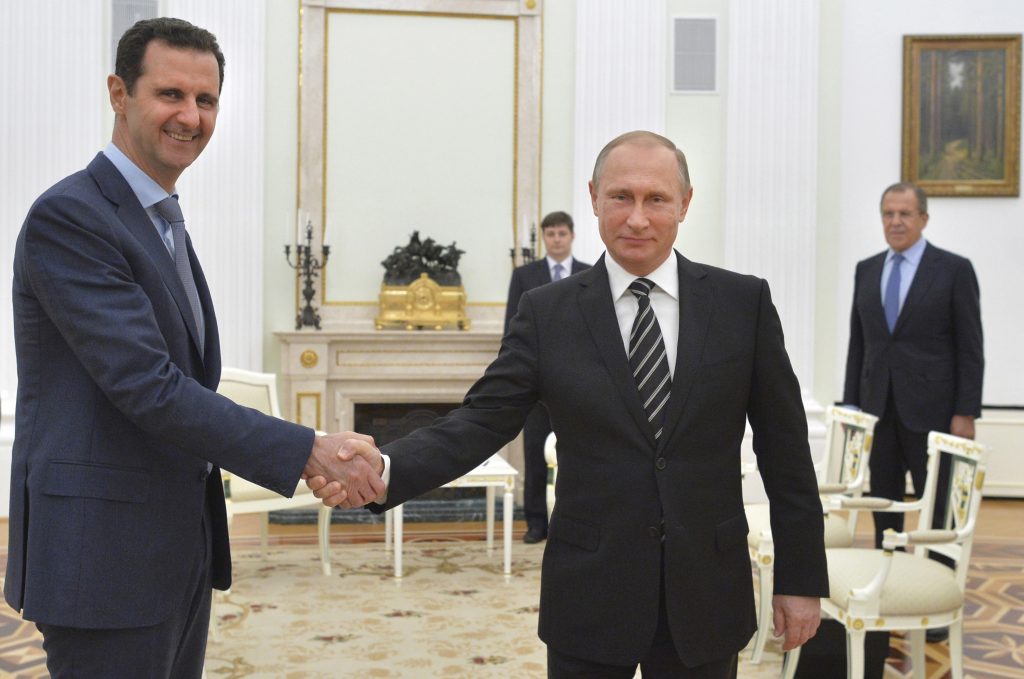
But Putin’s growing problems will dominate 2016, says Atlantic Council’s John E. Herbst
As 2015 draws to a close, our experts take a look back at the year that was and look ahead to 2016.
This interview is part of a series.
John E. Herbst is the Director of the Atlantic Council’s Dinu Patriciu Eurasia Center.
Q: What was the biggest story Eurasia in 2015 and why?
Herbst: The biggest story in terms of ink was Moscow’s military intervention in Syria. But the deeper story was the growing problems facing Russian President Vladimir Putin’s government. He intervened in Syria to buck up the weakening Assad regime; but also to divert attention away from his stalled campaign in Ukraine’s east, and an economy that is falling by 3.8 percent in 2015 (per the International Monetary Fund) and a standard of living that is dropping 10 percent.
Q: What story should we keep an eye on Eurasia in 2016?
Herbst: The ongoing pressures on Putin should be the most important story in Eurasia. During his first eight years in office, Putin legitimized his power by the improvements in the Russian economy and the standard of living. Since returning to power he has managed first a stagnant economy and then in 2015, thanks to Ukraine-related sanctions and a sharp drop in the price of hydrocarbons, a declining one. If oil prices remain under $40/barrel in 2016, the Russian economy is on a path to decline an additional 2 percent.
Over the past couple of years, Putin has tried to enhance his standing by a muscular foreign policy. This worked for him when he took Crimea; in Ukraine’s east this policy has led to stalemate and Western sanctions. He then moved into Syria and, while drawing the attention of the international media and some interest from Europe, he is having trouble achieving his stated objective of bucking up the Assad regime. In the middle term, Syria, too, will turn into a problem for the Kremlin. The key question is what all this means for the Kremlin? Will it lead to new policies—either a willingness to compromise on Syria and Ukraine or a new offensive in either place—or growing pressure on the regime?
Follow John E. Herbst on Twitter @JohnEdHerbst and the Eurasia Center @ACEurasia.
Image: Russian President Vladimir Putin (right) shakes hands with Syrian President Bashar al-Assad during a meeting at the Kremlin in Moscow, Russia, on October 20. Assad made a surprise visit to Moscow to thank Putin for launching airstrikes against Islamist militants in Syria. (Reuters/Alexei Druzhinin)
